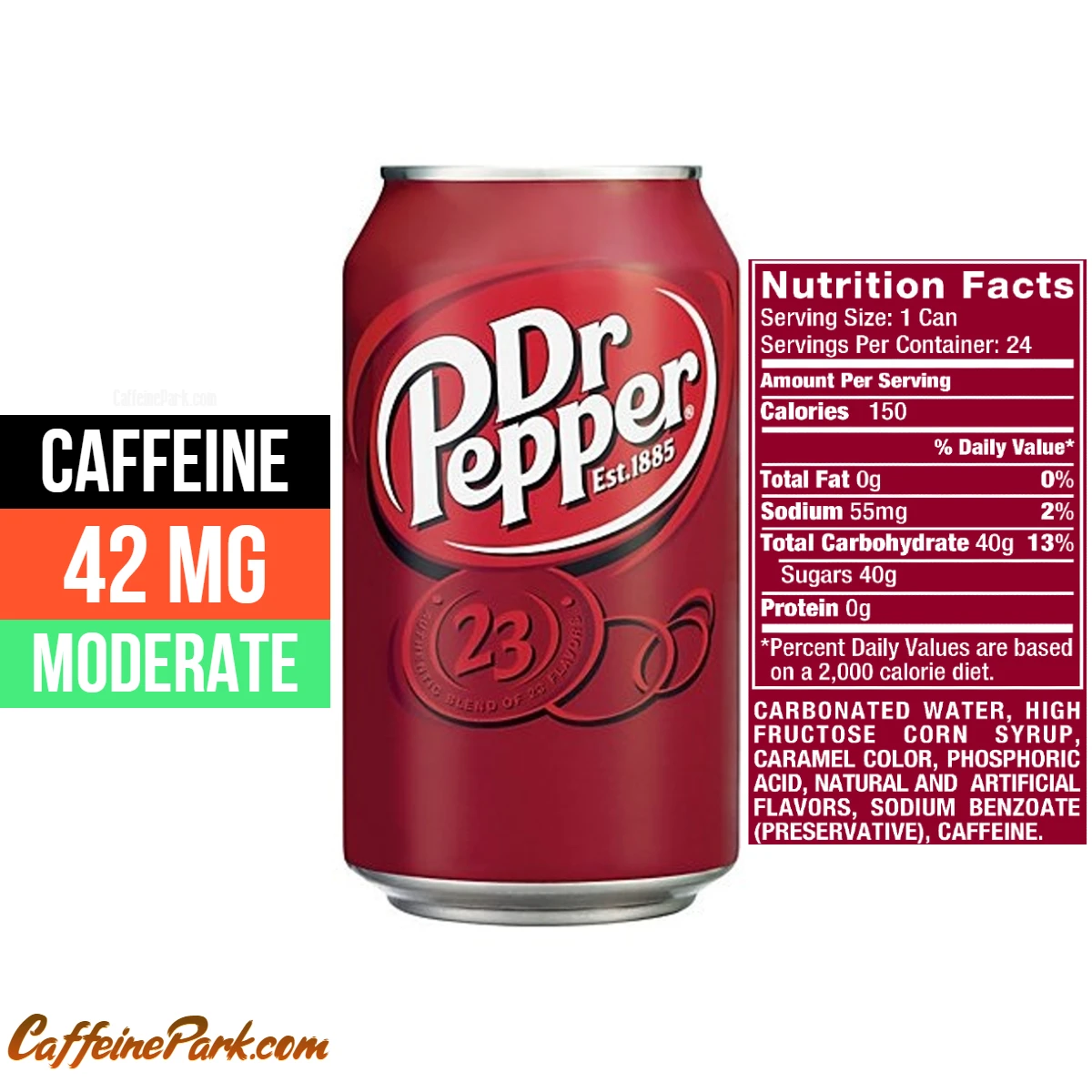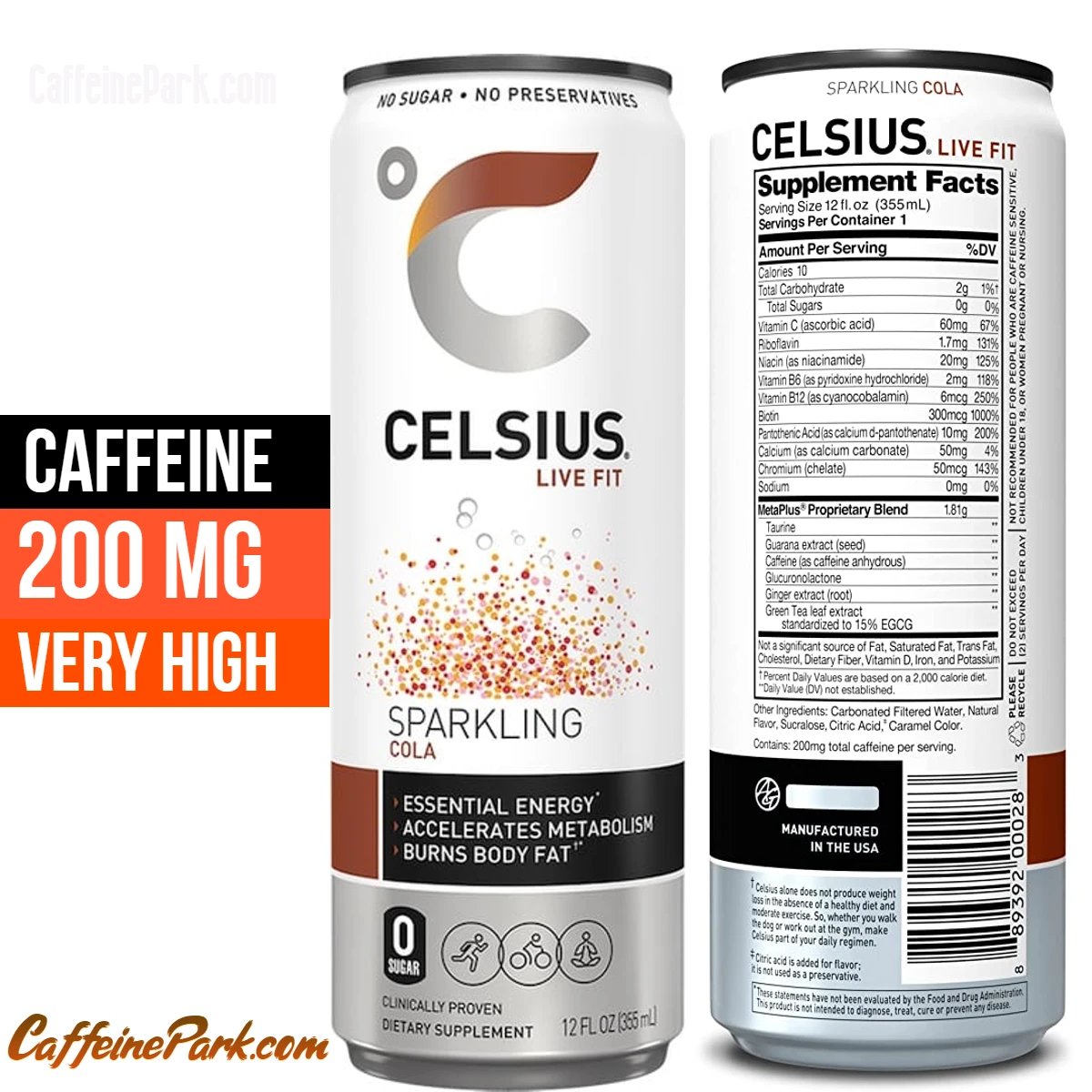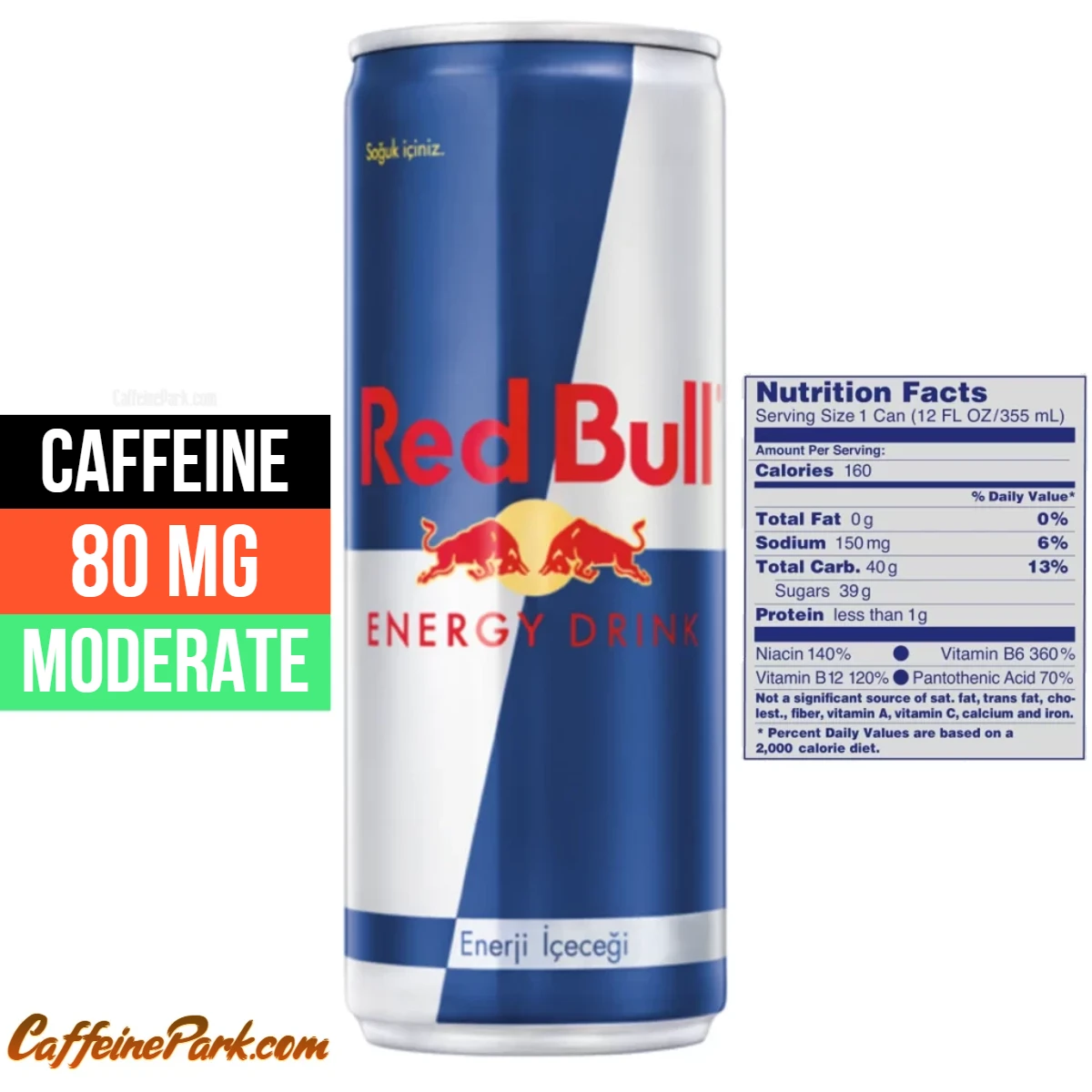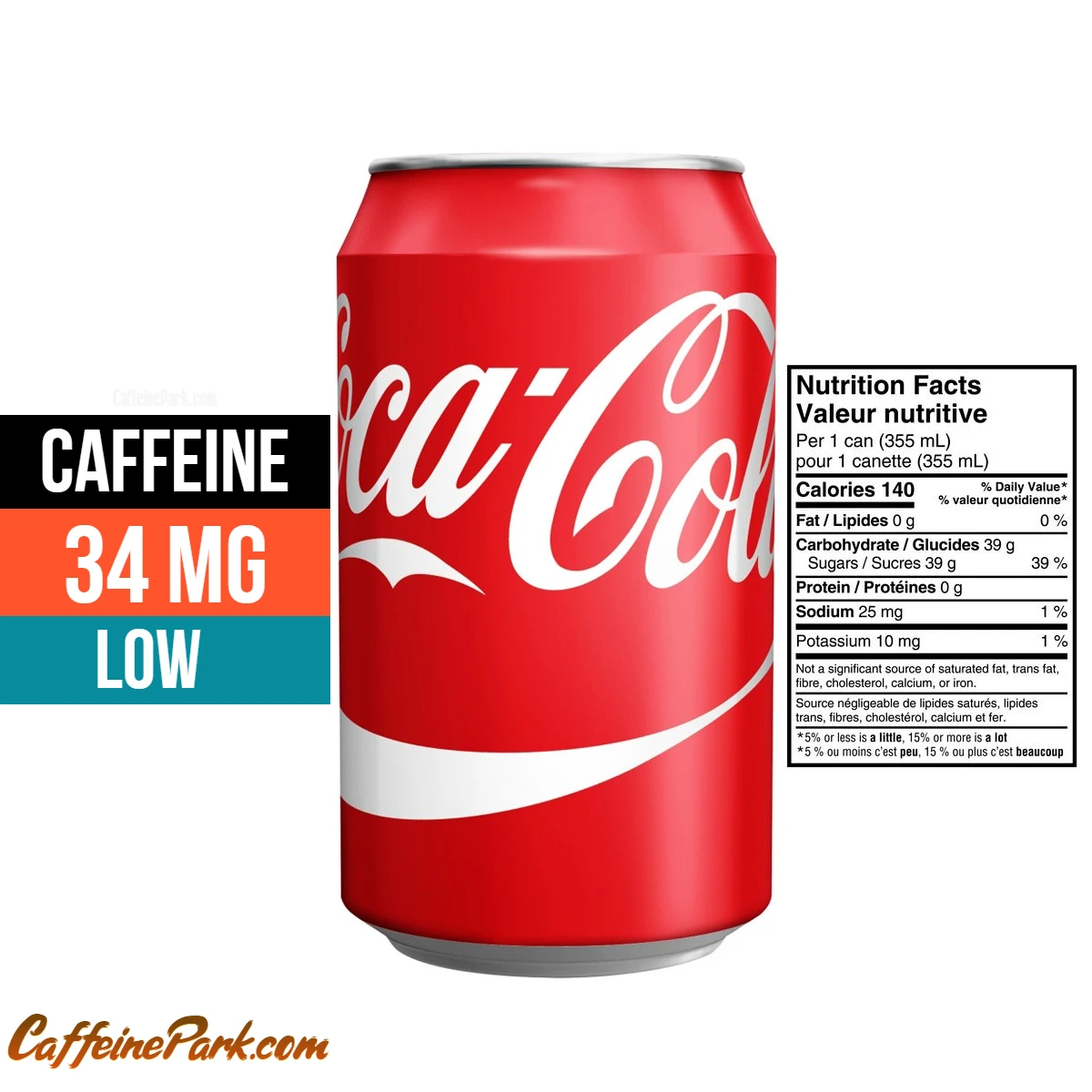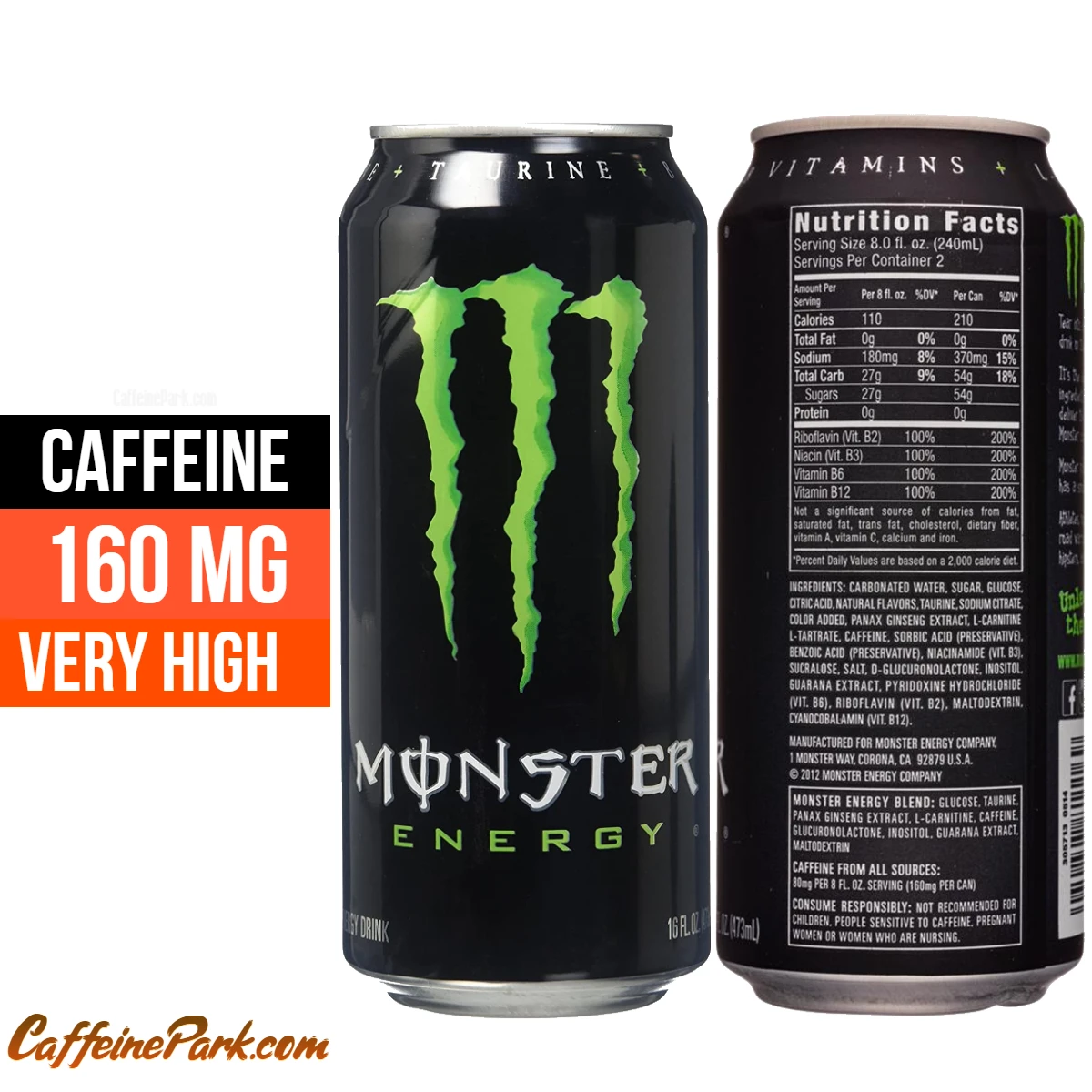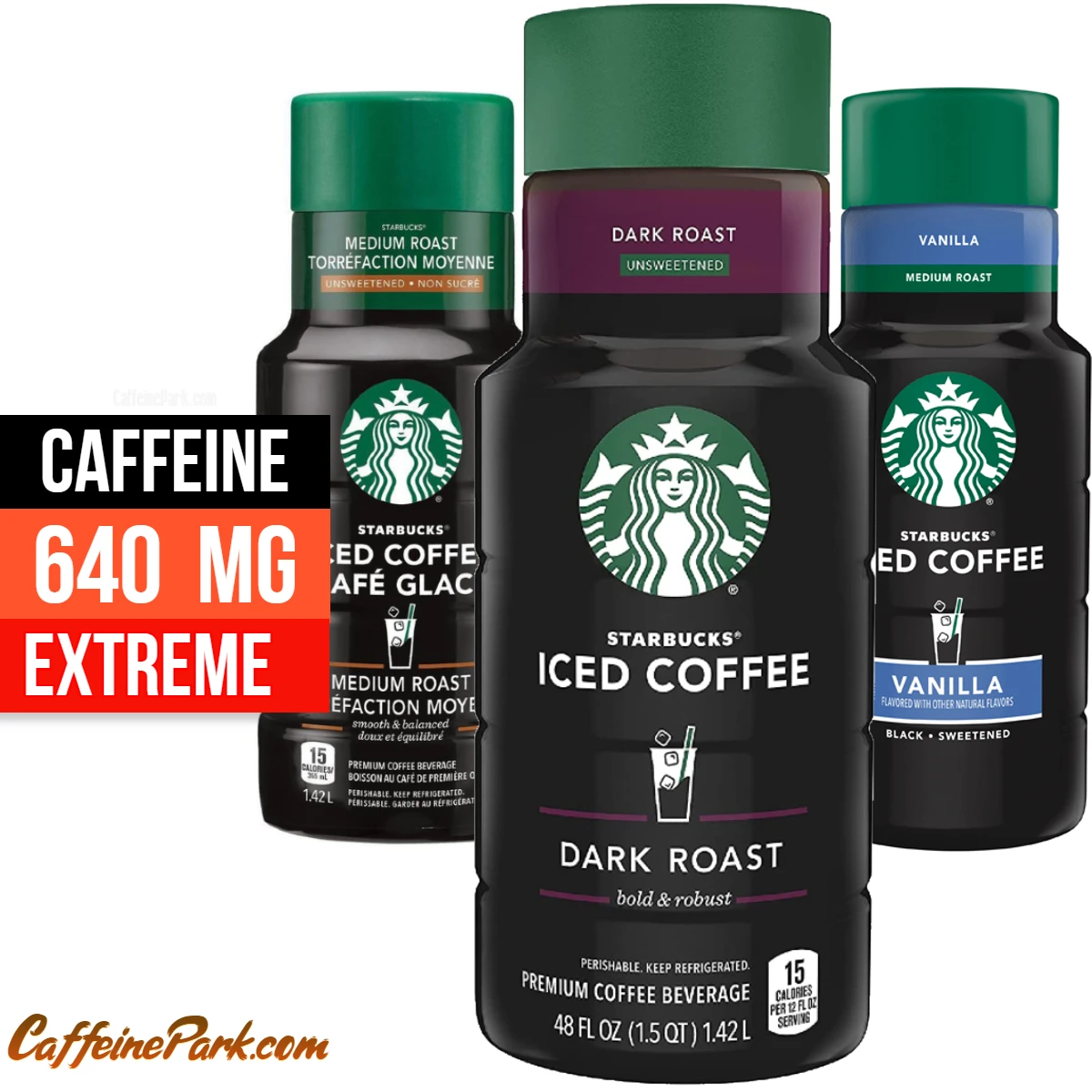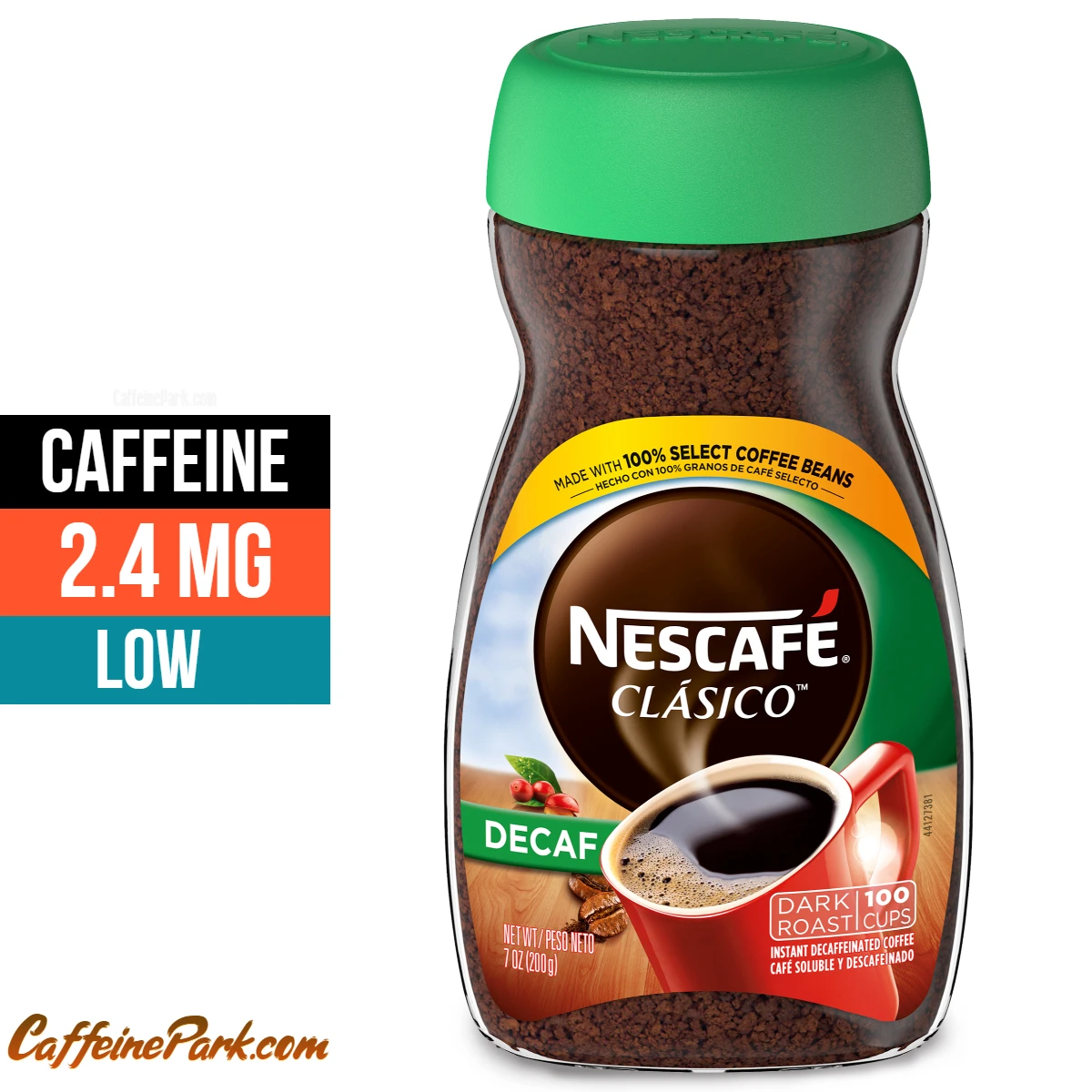
Decaffeination is the process of removing caffeine from coffee beans. There are several methods used to decaffeinate coffee, but the most common methods used for decaffeinating instant coffee are the solvent method and the Swiss water method.
But have you ever wondered just how much caffeine is actually lurking in that seemingly innocent cup of decaf? Well, wonder no more! In this blog post, we’re going to spill the beans on the caffeine content in decaf instant coffee and help you make an informed choice. So grab your favorite mug and let’s dive in!
Now, we all know that decaf means “decaffeinated,” suggesting that it’s completely caffeine-free, right? Well, not quite. Decaf instant coffee does contain a small amount of caffeine, although significantly less than its regular counterpart. On average, you can expect to find around 2mg of caffeine in an 8 fl oz cup of decaf instant coffee. That’s just a fraction of what you’d get in a regular cup of coffee! So, if you’re looking to reduce your caffeine intake or enjoy a warm beverage without the stimulating effects, decaf instant coffee might just be the perfect fit for you.
But hold on, there’s more to consider! Different brands of decaf instant coffee may have slight variations in their caffeine content. Nescafe Taster’s Choice, Folgers, Lavazza, and other popular brands typically contain around 2.5mg of caffeine per serving. On the other hand, Starbucks VIA Instant Decaffeinated Coffee and Maxwell House Decaffeinated Instant Coffee pack a little more punch with 3mg of caffeine per serving. Remember, these numbers are approximate, so it’s always a good idea to check the packaging or contact the manufacturer for the most accurate information.
Does Decaf Instant Coffee have caffeine?
Yes, Decaf Instant Coffee contains 2.5mg of caffeine per 8 fl oz cup and 0.3mg of caffeine per fl oz (1.01mg per 100ml).
| Serving size | Caffeine Amount | Caffeine strength |
|---|---|---|
| 1 fl oz cup | 0.3 mg | LOW |
| 8 fl oz cup | 2.5 mg | LOW |
| 12 fl oz cup | 3.6 mg | LOW |
- Caffeine Amount: 2.5 mg
- Caffeine strength: LOW
- Calories: 6 kcal
- Serving size: 8 fl oz cup
Caffeine in Brands of Decaf Instant Coffee
The exact amount of caffeine in decaffeinated instant coffee can vary depending on the brand and the decaffeination method used. Here is a list of some popular decaffeinated instant coffee brands and the approximate amount of caffeine per serving:
- Nescafe Taster’s Choice Decaffeinated Instant Coffee: 2.5 mg per serving
- Folgers Decaffeinated Instant Coffee: 2.5 mg per serving
- Starbucks VIA Instant Decaffeinated Coffee: 3 mg per serving
- Maxwell House Decaffeinated Instant Coffee: 3 mg per serving
- Mount Hagen Organic Decaffeinated Instant Coffee: 3 mg per serving
- Lavazza Decaffeinated Instant Coffee: 2.5 mg per serving
- Moccona Decaffeinated Instant Coffee: 2.5 mg per serving
- Eight O’Clock Decaffeinated Instant Coffee: 2.5 mg per serving
- Twinings Decaffeinated Instant Coffee: 3 mg per serving
It’s important to note that some variations of these brands, such as flavored options, may have a slightly different caffeine amount. Also, the exact amount of caffeine may vary depending on the serving size and preparation method. It’s always a good idea to check the packaging or contact the manufacturer for the most accurate information.
Caffeine in Decaf Instant vs. Other Instant Coffee
Here’s a comparison of caffeine content between decaf instant coffee and other popular instant coffee brands:
| Items | Serving Size | Caffeine |
|---|---|---|
| Decaf Instant Coffee | 8 fl oz | 2mg |
| Sudden Instant Coffee | 12 fl oz | 95mg |
| Nescafe Gold | 8.46 fl oz | 66mg |
| Nescafe 3 in 1 Instant Coffee | 6 fl oz | 50mg |
| Waka Instant Coffee | 8 fl oz | 70mg |
| Waka Decaf Instant Coffee | 8 fl oz | 4mg |
| Waka Indian Instant Coffee | 8 fl oz | 70mg |
| Voila Instant Coffee | 8 fl oz | 100mg |
| Taster’s Choice Instant Coffee | 8 fl oz | 98mg |
| Waka Instant Coffee | 8 fl oz | 70mg |
| Alpine Start Instant Coffee | 8 fl oz | 120mg |
As you can see, decaf instant coffee generally contains significantly less caffeine compared to regular instant coffee. Regular instant coffee brands like Sudden, Voila, Taster’s Choice, and Alpine Start have considerably higher caffeine content ranging from 95mg to 120mg per serving. It’s important to consider these differences when choosing an instant coffee option that aligns with your caffeine preferences or restrictions.
Review
Decaffeinated instant coffee is a convenient and affordable option for those looking to enjoy the taste of coffee without the effects of caffeine. It is widely available and can be found at most grocery stores and online retailers. The decaffeination process does remove the majority of the caffeine, but it also removes some of the natural oils and flavors of the coffee. It is important to note that decaffeinated instant coffee is not a caffeine-free beverage, and it may not be suitable for people who are sensitive to caffeine or have a medical condition that requires them to avoid it. Overall, decaffeinated instant coffee can be a good option for those looking for a convenient and affordable alternative to regular instant coffee.
History of Decaf Instant Coffee
The history of decaffeination can be traced back to the early 20th century when German merchant Ludwig Roselius discovered that a shipment of coffee beans had accidentally been decaffeinated during transport. Intrigued by the possibility of selling coffee without the stimulating effects of caffeine, Roselius developed a process for decaffeinating coffee using benzene as a solvent.
However, due to health concerns, benzene was later replaced by other solvents such as methylene chloride and ethyl acetate. The Swiss water method was also developed as a chemical-free alternative in the 1980s.
Taste and Flavor
Decaffeinated instant coffee is designed to taste similar to regular instant coffee, but some people may notice a slight difference in flavor. This could be due to the fact that the decaffeination process can also remove some of the coffee’s natural oils and flavors.
Ingredients and Nutrition
Decaffeinated instant coffee is made from coffee beans that have had the majority of their caffeine removed. It is typically made by mixing the coffee powder with a small amount of water and then freezing or drying the mixture to create granules or crystals. Some brands may also add additional ingredients such as sugar, creamers, or flavorings.
In terms of nutrition, decaffeinated instant coffee contains trace amounts of nutrients such as riboflavin, pantothenic acid, and niacin. However, it is not a significant source of nutrition.
Benefits of decaf instant coffee
The main benefit of decaffeinated instant coffee is that it allows people to enjoy the taste of coffee without the effects of caffeine. This can be especially beneficial for people who are sensitive to caffeine or have a medical condition that requires them to avoid it.
Decaffeinated instant coffee can offer several benefits, some of which include:
- Allows people to enjoy the taste of coffee without the effects of caffeine: Decaffeinated instant coffee is a good option for people who are sensitive to caffeine or have a medical condition that requires them to avoid it.
- Improved Sleep Quality: Consuming less caffeine can improve sleep quality and reduce the risk of insomnia.
- Reduced Risk of Heart Disease: Caffeine intake can be associated with an increased risk of heart disease, consuming decaffeinated instant coffee can reduce this risk.
- Reduced risk of type 2 diabetes: Caffeine intake can increase insulin resistance, which can lead to type 2 diabetes. Consuming decaffeinated instant coffee can reduce this risk.
- Reduced risk of certain cancers: Some studies have suggested that high caffeine intake may be associated with an increased risk of certain types of cancer, such as bladder and ovarian cancer. Consuming decaffeinated instant coffee can reduce this risk.
- Widely Available: Decaffeinated instant coffee is widely available and can be found in most grocery stores and online retailers.
- Convenient and easy to prepare: Decaffeinated instant coffee is easy to prepare, just add hot water and it’s ready to drink.
- Variety of flavors: Decaffeinated instant coffee is available in a variety of flavors, including regular, vanilla, caramel, hazelnut, and more.
It’s important to note that these benefits are associated with consuming decaffeinated instant coffee in moderate amounts, and more research is needed to confirm its effects. As always, it’s important to consult with a healthcare professional before making any significant changes to your diet or caffeine consumption.
Side effects of decaf instant coffee
Decaf instant coffee is generally considered safe for consumption and is often chosen as an alternative by individuals looking to reduce their caffeine intake. However, it’s important to note that decaf coffee, like any other food or beverage, may have some potential side effects. Here are a few side effects to be aware of:
- Gastrointestinal Issues: Some people may experience digestive discomfort after consuming decaf instant coffee. This can include symptoms such as acid reflux, stomach upset, or diarrhea. These effects can vary from person to person and may be influenced by individual sensitivity or underlying digestive conditions.
- Cross-Reactivity: Although decaf instant coffee has had the majority of its caffeine content removed, trace amounts may still remain. For individuals who are highly sensitive to caffeine or those with certain medical conditions, even minimal caffeine exposure can potentially cause symptoms like increased heart rate, jitteriness, or difficulty sleeping.
- Potential Contaminants: In rare cases, decaf instant coffee may contain certain contaminants or impurities that can cause adverse reactions. These contaminants can include mycotoxins, which are produced by certain molds that can grow on coffee beans. However, the risk of contamination is generally low and regulated by quality control measures in the coffee industry.
It’s important to remember that individual reactions to decaf instant coffee can vary, and not everyone will experience these side effects. If you have any specific concerns or medical conditions, it’s always advisable to consult with a healthcare professional or registered dietitian before making significant changes to your diet. They can provide personalized guidance based on your unique needs and circumstances.
Price and Availability
Decaffeinated instant coffee is widely available and can be found at most grocery stores and online retailers. The price of decaffeinated instant coffee varies depending on the brand, but it is typically slightly more expensive than regular instant coffee.
Comparison to others
When compared to regular instant coffee, decaffeinated instant coffee has less caffeine, it may also have a slightly different flavor due to the decaffeination process. Additionally, decaffeinated instant coffee may be slightly more expensive than regular instant coffee.
When compared to brewed coffee, decaffeinated instant coffee has less caffeine and does not provide the benefits of caffeine such as increased alertness and focus. However, decaffeinated instant coffee is a good option for those who are sensitive to caffeine or have a medical condition that requires them to avoid it.
When compared to brewed coffee, decaffeinated instant coffee also lacks the bitter flavor that cursed coffee can have. Decaffeinated instant coffee has a more smooth and mild flavor, making it a good alternative for those who don’t like the strong taste of cursed coffee.
When compared to brewed coffee, decaffeinated instant coffee is also more affordable and widely available. Decaffeinated instant coffee can be found in most grocery stores, supermarkets and online retailers. On the other hand, cursed coffee is a more niche product and can be harder to find and more expensive.
In summary, decaffeinated instant coffee is a good alternative for those looking to enjoy the taste of coffee without the effects of caffeine, and for those who don’t like the bitter taste of cursed coffee. It’s important to note that decaffeinated instant coffee still contains some caffeine and not caffeine-free, it’s not suitable for people who are sensitive to caffeine or have a medical condition that requires them to avoid it.
Customer Reviews
Decaffeinated instant coffee generally receives positive reviews from customers. Many people appreciate the fact that they can enjoy the taste of coffee without the effects of caffeine. Some customers may note that the flavor is not quite the same as regular instant coffee, but still enjoy the taste.
Pros and Cons
Pros:
- Allows people to enjoy the taste of coffee without the effects of caffeine
- Widely available and affordable
- Generally considered safe for most people to consume
Cons:
- Some people may notice a slight difference in flavor
- May not be suitable for people who are sensitive to caffeine or have a medical condition that requires them to avoid it
- Some people may find the taste of decaffeinated instant coffee to be less satisfying than regular instant coffee.
FAQs
Decaf instant coffee contains approximately 2.5mg of caffeine per 8 fluid ounce (fl oz) cup. This translates to around 0.3mg of caffeine per fl oz or 1.01mg per 100ml.
No, decaf instant coffee is not completely caffeine-free. It undergoes a decaffeination process to remove the majority of caffeine, but a small residue of caffeine usually remains.
The caffeine content in decaf instant coffee is significantly lower compared to regular coffee. Regular coffee typically contains around 95mg of caffeine per 8 fl oz cup, while decaf instant coffee only contains about 2.5mg of caffeine in the same serving size.
People choose decaf instant coffee for various reasons. Some individuals are sensitive to the effects of caffeine and prefer to limit their intake. Others may enjoy the taste and aroma of coffee but want to avoid the stimulating effects of caffeine.
The stated caffeine content in decaf instant coffee is an average estimation. The exact amount of caffeine can vary depending on the brand and the specific decaffeination method used. For precise information, it’s recommended to consult the packaging or contact the manufacturer of the particular brand you are consuming.
How is decaffeinated instant coffee made?
Decaffeinated instant coffee is made by removing the majority of the caffeine from coffee beans using a process such as solvent extraction or the Swiss water method. The decaffeinated coffee beans are then ground and mixed with a small amount of water to create a coffee powder. This powder is then frozen or dried to create granules or crystals that can be packaged as instant coffee.
Does decaffeinated instant coffee taste the same as regular instant coffee?
Decaffeinated instant coffee is designed to taste similar to regular instant coffee, but some people may notice a slight difference in flavor. This could be due to the fact that the decaffeination process can also remove some of the coffee’s natural oils and flavors.
Are there any benefits to drinking decaffeinated instant coffee?
The main benefit of decaffeinated instant coffee is that it allows people to enjoy the taste of coffee without the effects of caffeine. This can be especially beneficial for people who are sensitive to caffeine or have a medical condition that requires them to avoid it.
Are there any side effects of drinking decaffeinated instant coffee?
Decaffeinated instant coffee is generally considered safe for most people to consume. However, as with any food or beverage, some people may be allergic or sensitive to the ingredients used in decaffeinated instant coffee. Additionally, consuming large amounts of decaffeinated instant coffee may lead to side effects such as insomnia, nervousness, and upset stomach.
How does decaffeinated instant coffee compare to regular instant coffee?
Decaffeinated instant coffee has less caffeine than regular instant coffee, but it may also have a slightly different flavor due to the decaffeination process. Additionally, decaffeinated instant coffee may be slightly more expensive than regular instant coffee.
Read More:
- Peet’s Decaf Espresso Caffeine Content
- Waka Decaf Instant Coffee Caffeine Content
- K Cup Decaf Caffeine Content
- Decaf Tea Caffeine Content
- Starbucks Decaf Coffee Caffeine Content
- Espresso Powder vs Instant Coffee
Contents
- Does Decaf Instant Coffee have caffeine?
- Caffeine in Brands of Decaf Instant Coffee
- Caffeine in Decaf Instant vs. Other Instant Coffee
- Review
- FAQs
- How is decaffeinated instant coffee made?
- Does decaffeinated instant coffee taste the same as regular instant coffee?
- Are there any benefits to drinking decaffeinated instant coffee?
- Are there any side effects of drinking decaffeinated instant coffee?
- How does decaffeinated instant coffee compare to regular instant coffee?
